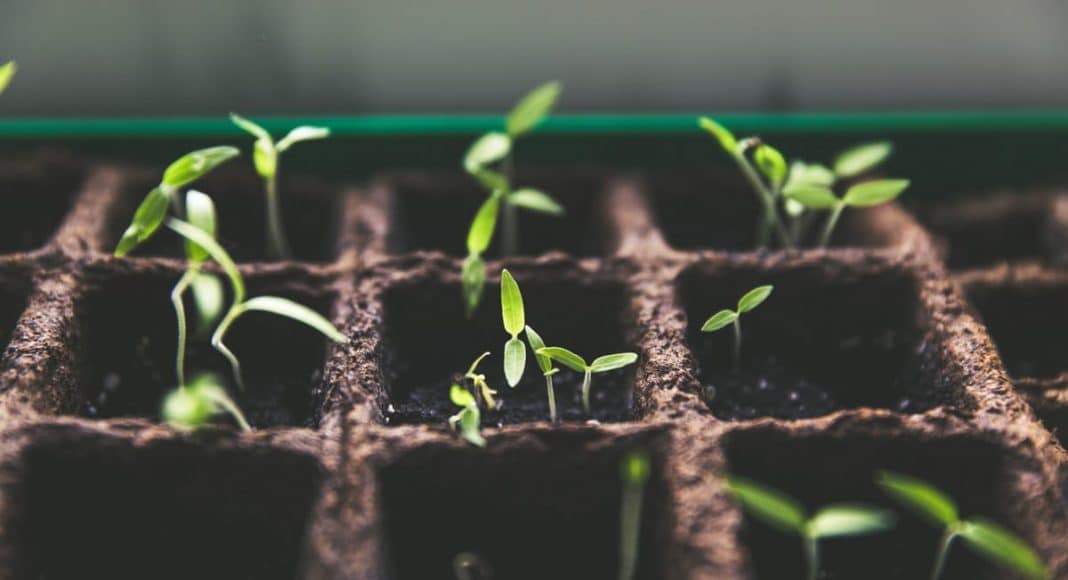In 2015, Washington passed Senate Bill 5052, which allowed medical marijuana patients and their designated providers to grow cannabis plants for personal medical use and band together to form medical marijuana cooperatives. That bill did not provide a legal pathway for cooperatives, medical marijuana patients, or designated providers to acquire plants. It also did not allow retail sales of plants directly to consumers. In 2016, the Washington Legislature passed legislation allowing cooperatives to purchase plants from licensed marijuana producers, but failed to address the ability of other patients to acquire plants.
Washington lawmakers recently addressed this issue with Senate Bill 5131, which allows qualifying patients and designated caregivers to purchase cannabis plants directly from licensed marijuana producers. A “qualifying patient” is a person who has been recommended medical marijuana by a healthcare professional and a “designated caregiver” is a person the qualifying patient designates in writing as authorized to procure medical cannabis. Qualifying patients can enter into a medical marijuana authorization database and receive a recognition card from the state. Not all qualifying patients enter the database and so some qualifying patients do not hold recognition cards. Carrying a recognition card brings advantages, such as tax discounts and the right to purchase larger quantities of marijuana in a single transaction.
- Related Story: Colorado To Clamp Down On Marijuana Home Grows
All Washington marijuana patients can grow marijuana for their personal use, unlike recreational users, but qualifying patient cardholders can grow more. Cardholders may cultivate six cannabis plants at home (up to fifteen plants if their physician recommends it) which can yield a maximum of eight ounces of useable marijuana. Cardholders can also join state-registered medical marijuana cooperatives to cultivate marijuana with four other patients. Patients who are not cardholders may grow up to four cannabis plants and possess up to six ounces of useable marijuana produced from those plants, but cannot join a cooperative.
SB 5131 also allows qualifying patient cardholders to purchase immature plants and clones:
Qualifying patients and designated providers, who hold a recognition card and have been entered into the medical marijuana authorization database, may purchase immature plants or clones from a licensed marijuana producer as defined in RCW 69.50.101.
The Washington State Liquor and Cannabis Board (LCB) recently issued an interim policy statement that describes how members of cooperatives, cardholder, and cardholder’s designated providers can purchase cannabis plants and seeds but makes no mention of how patients without qualifying patient cards can purchase seeds. The LCB is mandating that Washington State cannabis producers receive documentation before selling plants or seeds. Members of a cooperative must show a valid recognition card and a copy of the letter from the LCB confirming the person is part of a registered cooperative. Qualifying patients must show a valid recognition card. It appears that there still is no means for patients who do not enter the database and receive a recognition card to legally obtain seeds to grow their own medical cannabis.
The LCB’s policy statement provides additional guidance on the sale of plants and seeds. Immature plants or clones are defined as plants that have no flower, are less than 12 inches in height and less than 12 inches in diameter. Producers must abide by security and traceability requirements including a 24-hour waiting period imposed on all cannabis transfers. Patients and providers must notify a producer 24 hours before picking up plants or seeds. All transfers must occur on the producer’s licensed property and deliveries are prohibited. Cooperatives, patients, and caregivers are not permitted to purchase more plants than they were authorized to grow by a physician or under Washington law. The patient or caregiver must buy the plant in person and producers cannot sell to anyone other than those who called in on a product. Sales tax applies to the sale of plants or seeds, but the state’s marijuana excise tax does not.
You can find more on SB 5131 at the following links:


